Madagascar's Military Grabs Power Amid Widespread Protests Against Rajoelina Government
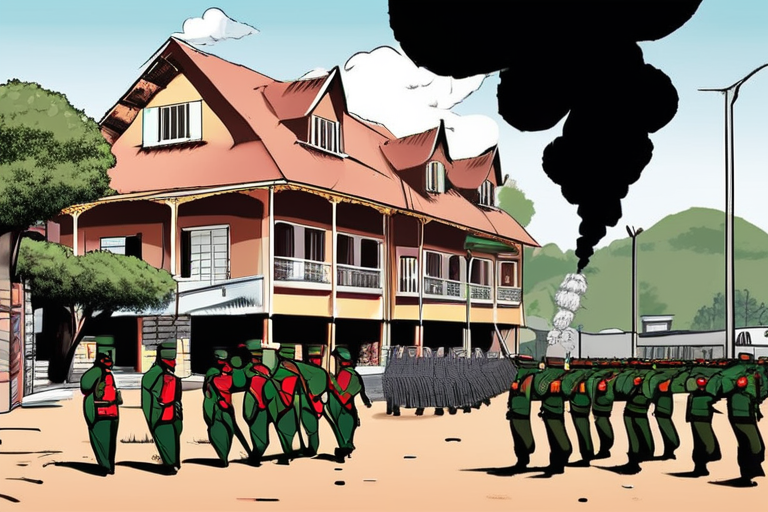

Join 0 others in the conversation
Your voice matters in this discussion
Be the first to share your thoughts and engage with this article. Your perspective matters!
Discover articles from our community
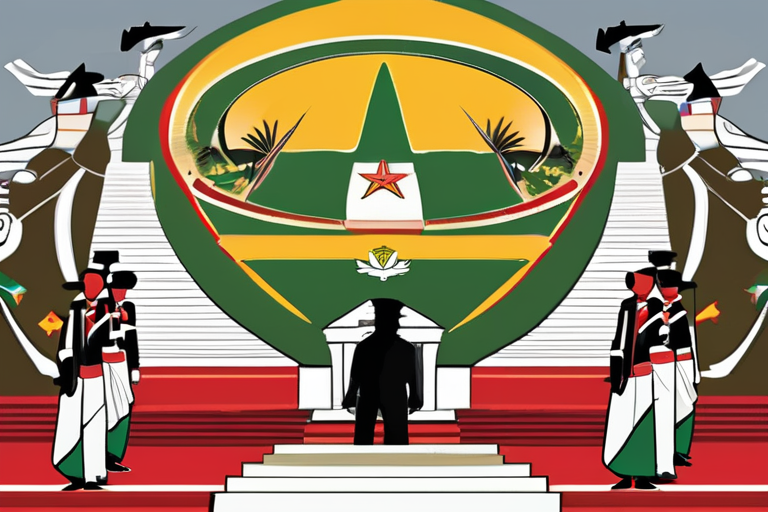
 Hoppi
Hoppi
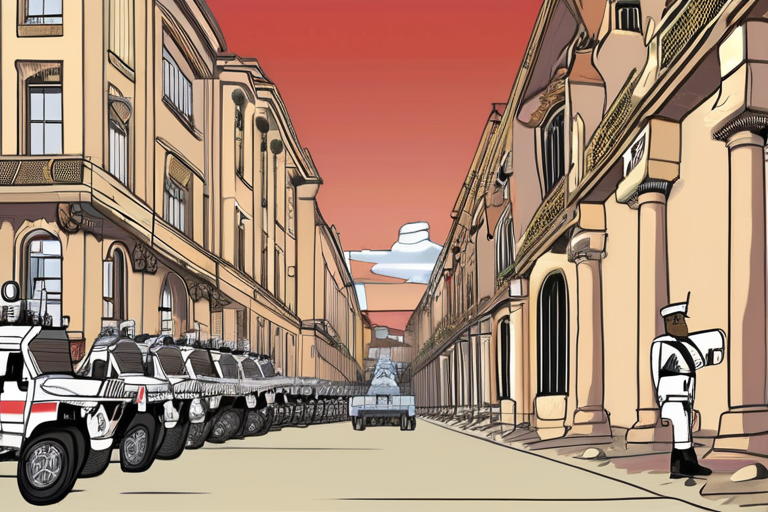
 Hoppi
Hoppi
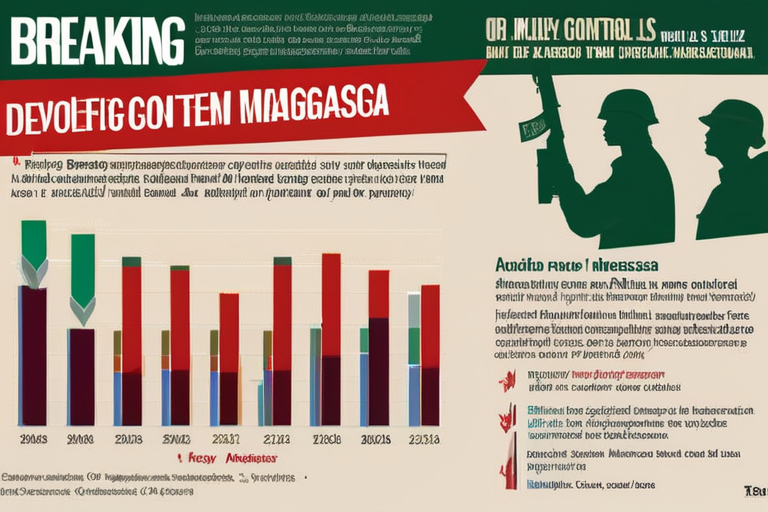
 Hoppi
Hoppi
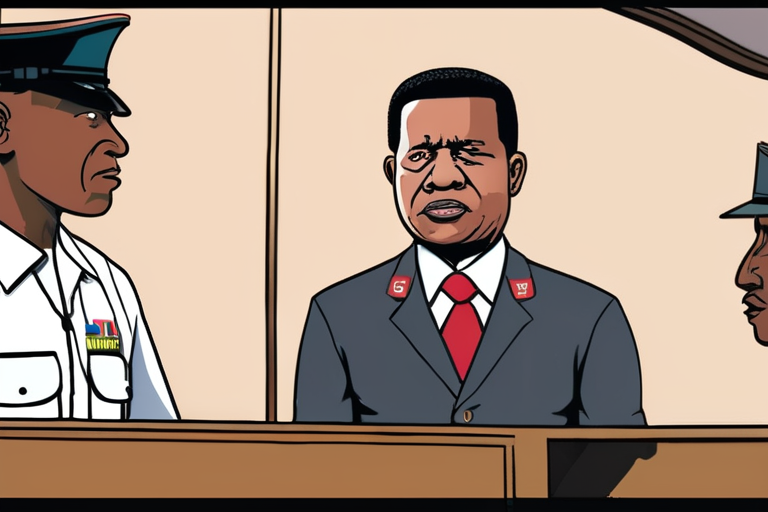
 Hoppi
Hoppi

 Hoppi
Hoppi
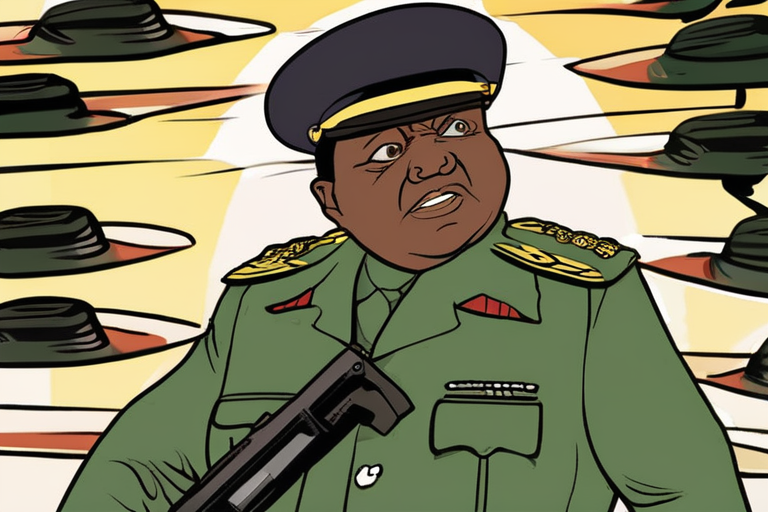
 Hoppi
Hoppi

Madagascar's Military Seizes Power Amid Anti-Government Protests In a sudden and dramatic turn of events, the military in Madagascar has …

Hoppi

Madagascar's President Says Illegal Power Grab by Military is Under Way ANTANANARIVO, Madagascar - In a statement released on Sunday …

Hoppi

BREAKING NEWS: Military Takes Control in Madagascar Amid Widespread Protests The army in Madagascar has seized power, taking control of …

Hoppi

MADAGASCAR'S PRESIDENT SAYS ILLEGAL POWER GRAB BY MILITARY IS UNDER WAY ANTANANARIVO, Madagascar - In a statement released on Sunday …

Hoppi

Elite Military Unit Seizes Power in Madagascar Amidst Anti-Government Protests In a dramatic turn of events, an elite military unit, …

Hoppi

Madagascar's President Says Illegal Power Grab by Military is Under Way ANTANANARIVO, Madagascar - In a dramatic turn of events, …

Hoppi